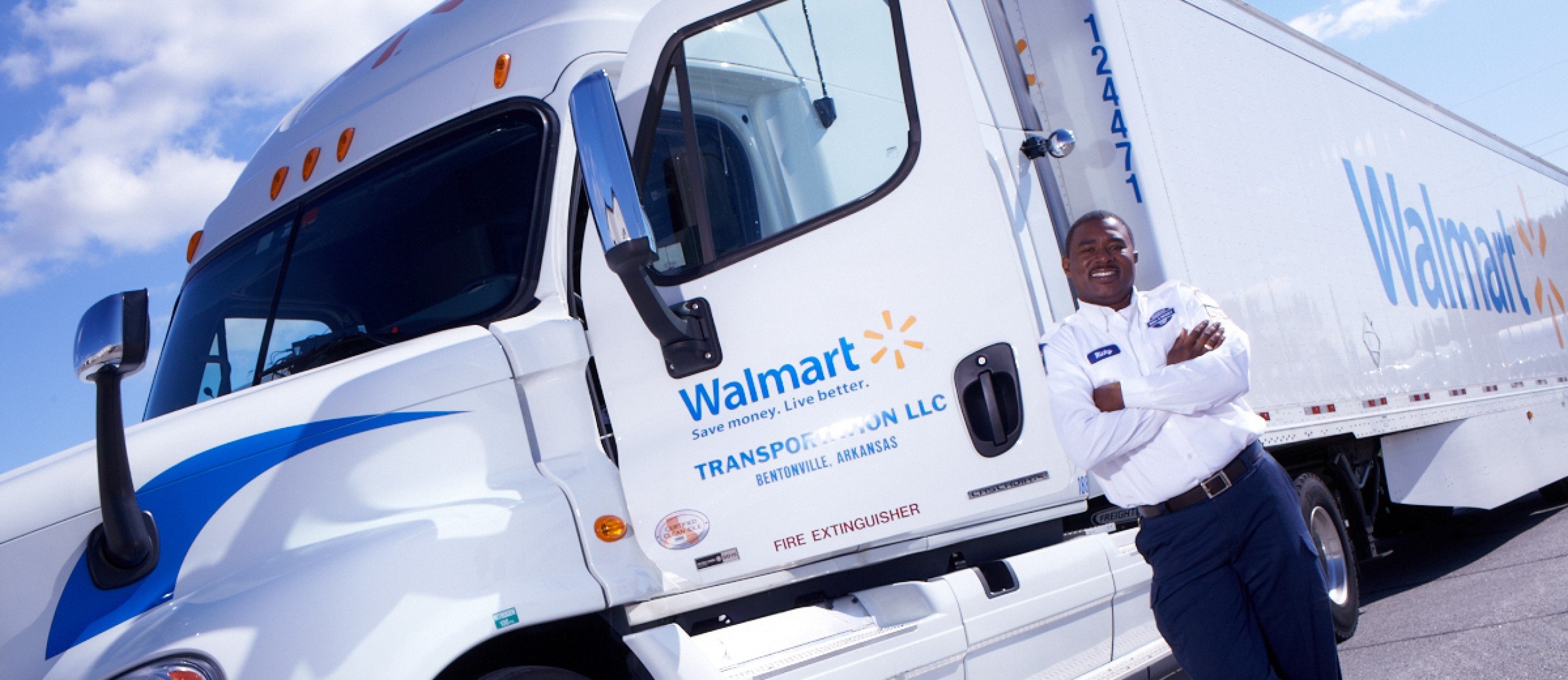Why America is Thanking Truckers During the Coronavirus

Truck drivers have been working around the clock to help support the shifting demand for food, medical supplies, and other essential items during the Coronavirus pandemic. The government instruction to stay at home whenever possible, has had a sizable impact on the American economy. One result of so many people staying home, and non-essential businesses being closed, is that demand for certain items like retail products have been in steady decline. This has created an issue of one-way supply-chain flow, meaning that freight companies can easily load and fill 18 wheelers all the way up at manufacturing hubs across America, but don’t have anything to pick up once they arrive at smaller towns and cities. This causes trucks to be half-empty, or totally empty on their return trips, creating huge efficiency losses for shippers and freight companies. This has truckers working longer, harder hours— something that Americans desperately need, are respectful of, and thankful for.
People Everywhere Take Note of Trucker’s Contributions
American citizens have been reaching out all over the country to express their gratitude and support for everything that truck drivers have done to aid the country in this difficult time. Many social media users are using the hashtag “thankatrucker” to reach the drivers on the road with positive words, or offers to repay the truckers for their hard work. While most drivers have experienced increased difficulty on the road as a result of many restaurants and rest stops being closed, there are many establishments that are doing their part to make sure truckers can continue to work in relative comfort. Those that have taken steps to ethically resume operation with COVID-19 in mind are using social media to tell truckers that they’re open for business, and in some cases, hoping to repay truck drivers for all of their hard work with free food and shelter.
The Iowa Motor Truck Association provided 1,000 complimentary boxed lunches for truck drivers last week, at two different weigh stations on I-80. The distribution was set up as a “drive through/drive by” scenario to comply with CDC guidelines, enabling the Truck Association to do some good for truckers at work without risking worsening the pandemic. Texas residents offered free takeaway bar-b-que to truckers in their area, serving dozens until their supplies ran out. On Interstate 40 in Jackson, Tennessee, local residents handed out box lunches with sandwiches to truckers on the road.
What Truckers Do to Keep America Going
Most people have seen first-hand the impact that the pandemic has had on the supplies at their local grocery. Stockpiling behavior has resulted in an absence of non-perishable food, sanitation items, and toilet paper on many supermarket shelves— leaving some people who didn’t make it to the store in time low on essential supplies. This has greatly changed how the American supply chain functions, as there’s suddenly a huge increase in demand for emergency medical supplies like masks, ventilators, and soap. These items need to be transported from manufacturers to medical treatment centers, while the raw materials required (paper, plastic, and alcohol, for example) need to reach the factory in time for production to resume on track.
The Truck Driver Experience During COVID-19
This has resulted in huge changes to the trucker way of life. The Department of Transportation has taken a great number of steps to ensure that truckers get to stay on the road, which include allowing drivers delivering essential supplies to stay on the road for longer periods of time. This is great for Americans, but dangerous for truck drivers overall, unfortunately. Many truck drivers don’t feel as if they have a choice in the matter and are very concerned about contracting COVID-19.
In an email, one truck driver stated that the pandemic “has been pretty difficult for [him] as a truck driver because truck stops aren’t stocked with cleaning supplies. Because he comes into contact with people all over the western United States, his anxiety level has been growing since he’s down to his last half-bottle of hand sanitizer.” According to a study by the American Center for Disease Control, 38% of truckers don’t have health insurance, meaning that it’s likely they’ll receive inferior care compared to those who have insurance and potentially suffer significant financial hardship if the contract the virus.
How You Can Help America
The country is still facing a national shortage of truck drivers, making it a perfect time to do your part and become an owner/operator. If you’ve lost your job due to the Coronavirus, it might be worth considering helping America stay afloat by joining the freight industry. Unemployment is at an all time high for recent decades, making it especially important for the labor force to shift towards industries that are thriving in the epidemic.
If you’re interested in getting started as an owner/operator, contact us to get on the road to financial independence. If you’re interested in helping other truck drivers, don’t forget national truck driver appreciation week, and make sure to reach out to the truck drivers in your community— many are in need of food, shelter, or just good conversation. From all of us at Mission Financial, thank you to all the truck drivers at work in Americ




